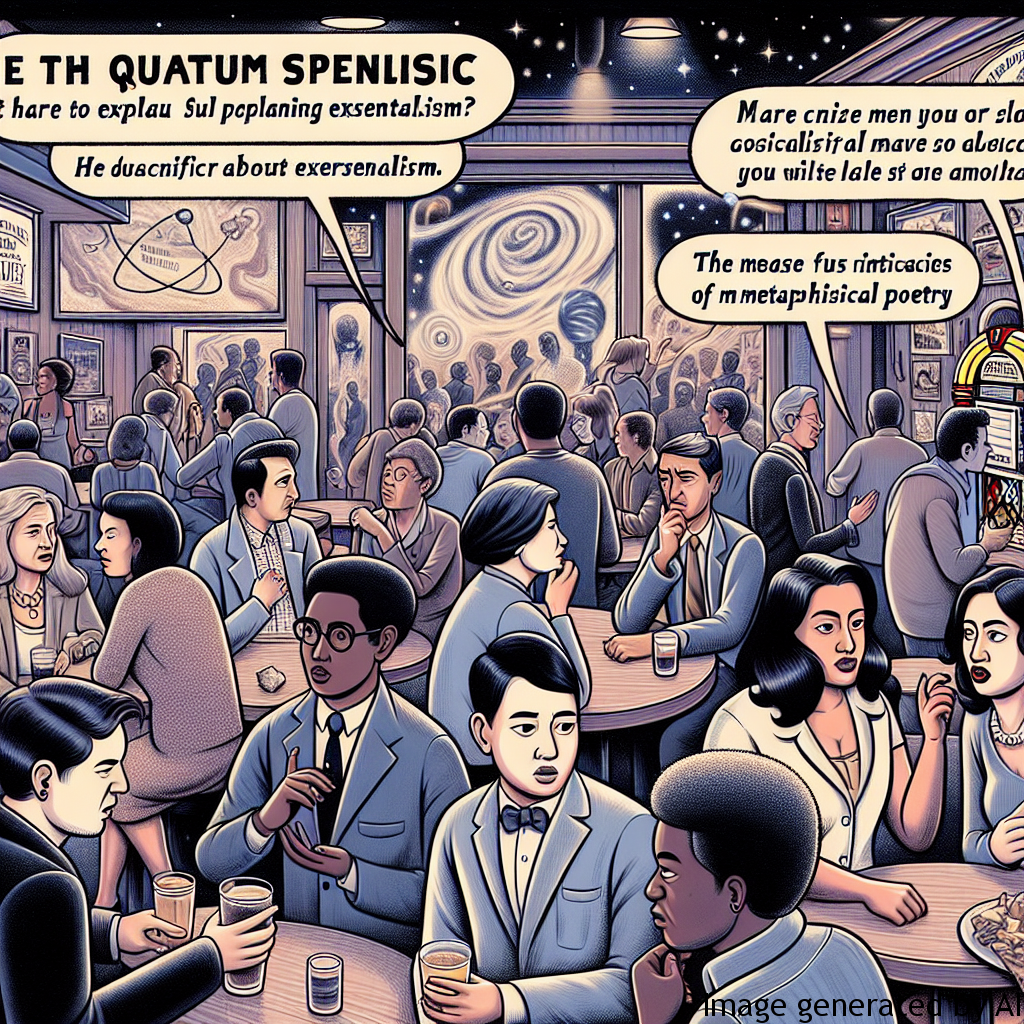Introduction
The field of pickup, where men are taught ways of attracting and courting women, is fraught with difficult questions. There is talk of “game”, “attraction strategies”, and shared experiences that often bring forth dilemmas and controversies. This article will attempt to analyze some of these difficult questions. Central to this is the concept of gender expectations and their effect on men’s mental health. Additionally, it will look at how gender roles can impact men, and some advice for improving mental health whilst considering gender roles.
Describing Gender Expectations and Their Effect on Men’s Mental Health
Gender Expectations
Gender expectations refer to societal norms and constraints that guide behavioral acts of individuals according to their gender. For men, the traditional societal expectation tends to revolve around words such as ‘strength’, ‘assertiveness’, and ‘breadwinning’. These expectations can shape the mechanisms that men use to approach and attract women.
The Effect on Men’s Mental Health
Such gender expectations can put a huge amount of pressure on men. There is a societal demand to be ‘confident’ and ‘successful’ in the context of pickup, which can often lead to feelings of inadequacy, impostor syndrome, and a negative impact on men’s mental health. Being unable to meet these standards can cause distress and lower self-esteem, potentially leading to anxiety and depression.
Examples of How Gender Roles Can Impact Men’s Lives
Traditionally, men have been the ones expected to make the first move in a romantic setting. This expectation puts pressure on men to be brave, often risking rejection. This can lead to fear of rejection, leading to further mental health issues such as anxiety.
Additionally, the expectation that men should always be ‘in charge’ can create a high level of emotional inauthenticity. Men aren’t allowed the freedom to express their vulnerability, fears, and insecurities, which are intrinsically human experiences. This lack of emotional expression can prevent men from forming truly deep and meaningful relationships, not only with their romantic partners but also with their friends and family.
Advices for Improving Mental Health considering Gender Roles
Improving mental health and addressing these pressures involves reshaping the understanding of masculinity and what it means to be a man. Spotlighting the importance of emotional well-being, discouraging harmful stereotypes, and promoting authenticity, vulnerability, and a holistic view of strength can counter the negative effects.
Men should be encouraged to seek professional help if they are struggling emotionally or mentally. Therapy and counseling can provide vital support and tools to cope with these societal pressures.
Conclusion
In a society soaked in rich gender expectations, addressing the difficult questions in the pickup scene involves reckoning with these societal norms. Men’s mental health is significantly shaped by the weight of these pressures. It is high time that these narratives are revised, such that men are allowed to be human – with all the inherent strengths and vulnerabilities present.

